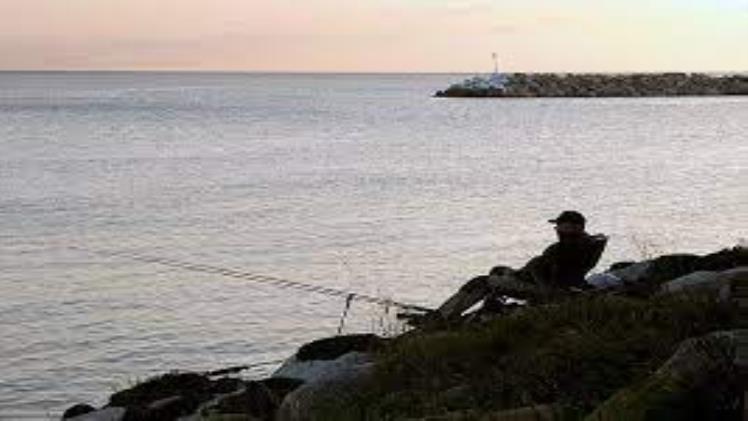Fishing – An Activity That Provides Food, Sport and Fun For Millions of People Around the World

Fishing is a widely popular recreational activity that involves using hook and bait to catch fish for food, sport and recreation worldwide. From trolling for stripers with high-speed motors to outwitting weary brook trout with hand-tied flys – fishing offers unique ways to enjoy nature’s splendor.
Although most fishers aim to capture game species like salmon, trout, bass and walleyes for sport fishing purposes, many also enjoy fishing non-game species like herring, cod anchovy flounder and squid that together provided over 22 million tons worth of harvest in 1999 worldwide.
One of the most enjoyable parts of fishing involves exploring and discovering its aquatic environment. Understanding physiology, feeding ecology and habits of various fish forms the basis for successful fishing tactics; these skills are acquired through trial and error backed up with research. Fishing requires knowledge of aquatic environment as well as fish behavior as well as characteristics of hook/bait being used – this knowledge and ability need not necessarily come together when casting your rod/reel!
Fishing began its development as an activity during Prehistory, with archaeological evidence pointing towards Homo habilis and later Homo erectus being involved. But modern rod and line fishing only really developed following Homo sapiens’ appearance during the Upper Paleolithic period between 40 000-50 000 years ago.
Sporting goods stores make fishing gear available to anyone, yet novice anglers should use YouTube videos as a resource to learn the basic techniques of fishing. YouTube provides helpful step-by-step guides that cover everything from tying basic fishing knots to setting up rod and reel combinations.
Fish are an integral component of nature and should be treated accordingly. Over-fishing not only reduces the number of available fish for harvesting but can also have severe impacts on marine mammals like dolphins and whales. When caught, keep the rod tip up to allow the animal to tire itself out by playing with it until the moment has passed.
It is best to conserve fish we catch by adhering to strict catch-and-release ethics. This means only keeping what can be consumed, and not releasing unwanted or diseased ones back into the environment. Furthermore, anglers must always show consideration for other anglers and their fisherman when fishing; never crowd an angler’s fishing spot while they pursue fish they want and adhere to leave-no-trace guidelines; also remembering that we all share these waters, making our responsibility to preserve them for future generations our collective duty when fisherman take to protect these precious waters!